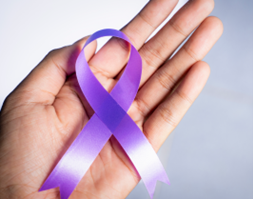
Is Secukinumab a Safe and Effective Treatment for Moderate to Severe HS?
May 3, 2023
Article citation:
Kimball AB, Jemec GBE, Alavi A, Reguiai Z, et al. Secukinumab in moderate-to-severe hidradenitis suppurativa (SUNSHINE and SUNRISE): week 16 and week 52 results of two identical, multicentre, randomised, placebo-controlled, double-blind phase 3 trials. Lancet. 2023 Mar 4;401(10378):747-761. doi: 10.1016/S0140-6736(23)00022-3.
Names and institution/affiliations:
Swetha Atluri, University of Arizona College of Medicine-Tucson
Dr. Vivian Shi, University of Arkansas for Medical Sciences (UAMS) Department of Dermatology
Photo Credit: vecteezy.com
What was the purpose of this research:
Currently, there are limited treatment options for hidradenitis suppurativa (HS). Secukinumab is already approved for psoriasis. It is given as an injection under the skin. This study explored whether Secukinumab is safe and effective in treating moderate-to-severe hidradenitis suppurativa (HS).
How was the project done:
The study had two identical trials, called SUNSHINE and SUNRISE. Adults with moderate-to-severe HS were randomly assigned into one of three groups. Group 1 received Secukinumab 300 mg every 2 weeks. Group 2 received Secukinumab 300 mg every 4 weeks. Group 3 received placebo. The treatment response was measured by whether or not patients achieved a HS clinical response (HiSCR). This was defined as a 50% reduction in abscesses and inflammatory nodules. They also measured abscess and nodule count, flares, and pain.
What did they find:
The SUNSHINE trial had 541 patients (56% women, 44% men; mean age 36.1 years), and the SUNRISE trial had 543 patients (56% women, 44% men; mean age 36.3 years).
In the SUNSHINE trial, 45% of patients on Secukinumab every 2 weeks had a clinical response compared to 34% of those who received a placebo. There was no significant difference between the Secukinumab every 4 weeks and placebo. In the SUNRISE trial, 42% of patients in the Secukinumab every 2 weeks group and 46% of patients in the Secukinumab every 4 weeks group achieved clinical response. This was compared to 31% of patients who achieved clinical response in the placebo group. The number of abscesses and nodules, proportion of patients with flares, and quality of life improved in both Secukinumab groups up to week 52. Additionally, the drug had a good safety profile with no new or unexpected safety findings.
What does this research mean:
This study showed improvement in HS with Secukinumab compared to placebo, while it wasn’t clear if the 2-week or 4-week dosing was better. It can also potentially improve quality of life in patients with moderate to severe HS. The results of these studies will be used to ask the FDA to approve Secukinumab to treat HS.

